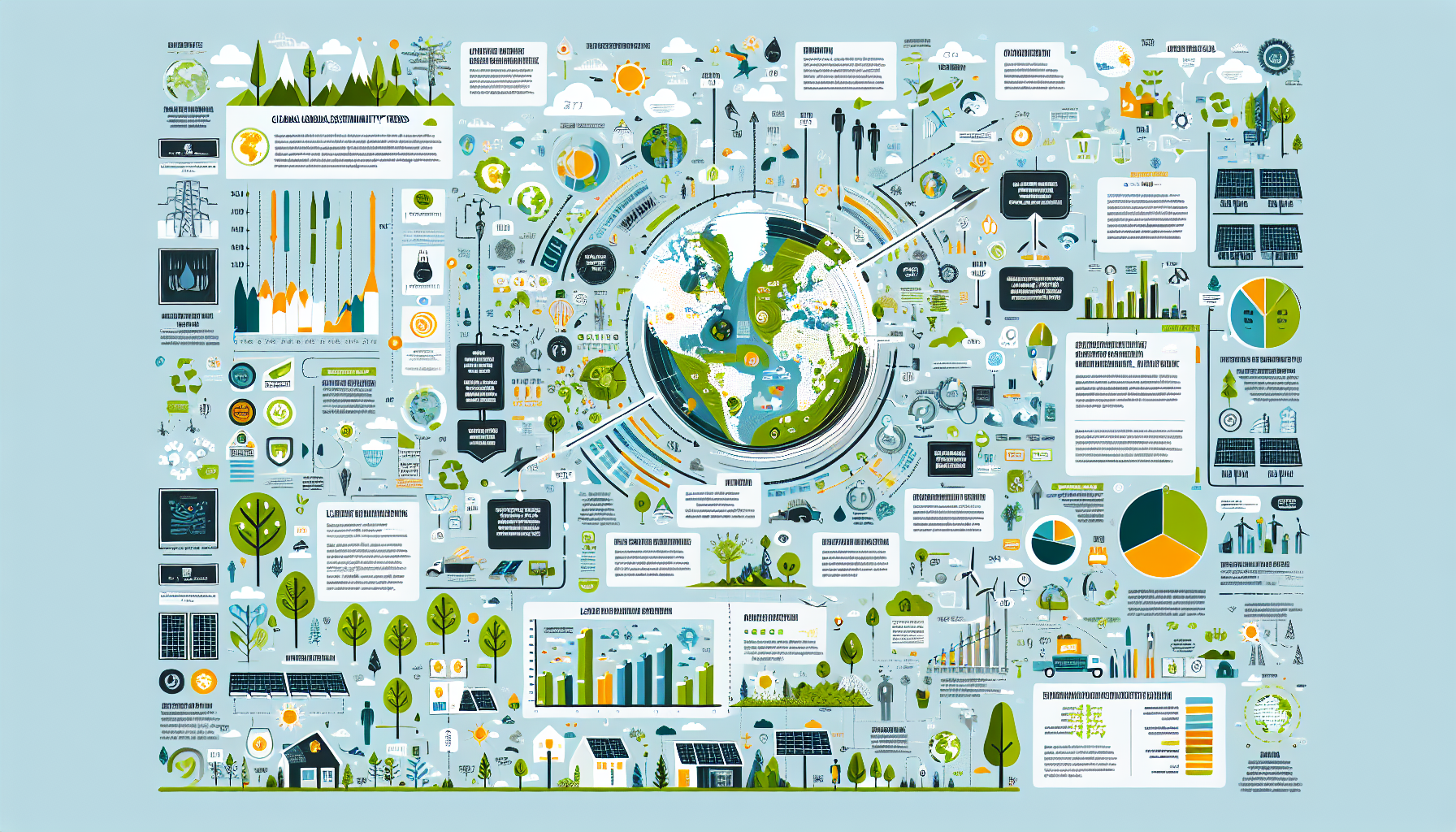The Future of Home Inspection: Trends to Watch

Technology is revolutionizing nearly every industry, and home inspection is no exception. The integration of advanced tools and software is streamlining the inspection process, making it more efficient and accurate. For instance, drones are now being used to inspect roofs and hard-to-reach areas, providing inspectors with high-resolution images that can reveal issues invisible to the naked eye. This technology not only enhances the quality of inspections but also reduces the time and labor required for traditional methods. Moreover, software solutions such as mobile apps for reporting and analysis have become invaluable. These applications allow inspectors to create detailed reports in real-time, enhancing communication with clients and real estate agents. For example, platforms like Spectora and HomeGauge enable inspectors to generate professional reports on-site, which can be shared instantly with clients. Aspiring home inspectors must familiarize themselves with these technologies to stay competitive in the job market. Gaining proficiency in tools like 3D imaging and thermal imaging cameras can set candidates apart when seeking employment.
Evolving Regulations
As environmental concerns and safety standards increase, regulatory frameworks are continually being revised. Home inspectors must stay updated on local and national building codes, which can vary significantly from one region to another. For example, the growing emphasis on energy efficiency has led to stricter regulations regarding insulation and energy audits. Additionally, new regulations addressing health and safety concerns, such as those related to lead paint and mold, require inspectors to be knowledgeable and certified in these areas. It’s crucial for home inspectors to not only understand existing regulations but to anticipate potential changes in the future. Continuous education, certification courses, and networking with industry professionals can help inspectors remain compliant and knowledgeable about these evolving standards. Utilizing platforms like LinkedIn to connect with industry groups and professionals can provide valuable insights into regulatory changes and job opportunities in the field.
Growing Importance of Sustainability
With climate change at the forefront of global issues, sustainability has become a key consideration in the home inspection process. Homebuyers are increasingly looking for properties that are energy-efficient and environmentally friendly. This trend means that home inspectors must develop expertise in assessing energy systems, renewable materials, and sustainable practices. For instance, inspectors may need to evaluate solar panel installations or assess a home’s overall carbon footprint. Understanding how to identify energy-efficient appliances and building materials will also be essential. By embracing sustainability, home inspectors can provide added value to their clients, positioning themselves as knowledgeable professionals in a market that increasingly prioritizes environmental responsibility. Companies may increasingly seek inspectors with certifications in green building or energy efficiency, thereby enhancing job prospects.
The Rise of Remote Inspections
The COVID-19 pandemic has accelerated the adoption of remote technologies in various fields, and home inspection is no exception. Virtual inspections, where homeowners use mobile devices to show inspectors different areas of their home, have gained popularity. This trend not only accommodates social distancing measures but also expands inspection services to clients in remote locations. To adapt to this shift, home inspectors should become proficient in remote inspection tools and techniques. They must learn how to effectively communicate with clients during virtual inspections and ensure that all necessary information is captured to provide a thorough assessment. Familiarity with video conferencing tools and remote collaboration software will be advantageous. As remote work continues to be a prevalent practice, inspectors who can offer flexibility in their services will likely have a competitive edge in the job market.
The future of home inspection is undoubtedly shaped by technology, evolving regulations, and a growing emphasis on sustainability. For current and aspiring home inspectors, understanding these trends is vital for success in the industry. By embracing technological advancements, staying informed about regulatory changes, fostering sustainability, and adapting to remote inspection methods, professionals can position themselves for a fruitful career in this dynamic field. Moreover, leveraging platforms like LinkedIn to network with professionals, discover job opportunities, and share knowledge can enhance career prospects in the home inspection industry. As the landscape continues to evolve, those who are proactive in their approach will find themselves at the forefront of the home inspection industry, ready to meet the challenges and opportunities that lie ahead. The skills and knowledge acquired today will be the foundation for a successful career tomorrow, making it imperative for inspectors to remain adaptable and informed.
Certified Home Inspector
Local home inspection firms, real estate agencies, and independent contracting
Job Description
Conduct thorough inspections of residential properties, assessing structural integrity, electrical systems, plumbing, and safety compliance.
Prepare detailed reports on findings and communicate effectively with clients to explain issues and necessary repairs.
Required Skills
Strong knowledge of building codes
Excellent observational skills
Proficiency in using inspection tools and software (e.g., thermal imaging cameras)
Energy Auditor
Energy consulting firms, government agencies, and utility companies focused on energy conservation programs
Job Description
Evaluate homes for energy efficiency, identifying areas for improvement and recommending energy-saving measures.
Utilize specialized equipment such as blower doors and infrared cameras to assess insulation effectiveness and air leaks.
Required Skills
Certification in energy auditing
Understanding of HVAC systems
Expertise in renewable energy sources
Building Code Official
Municipalities, county governments, and construction regulatory agencies
Job Description
Enforce and review compliance with local building codes and regulations, conducting inspections during various construction phases.
Collaborate with builders, architects, and contractors to ensure adherence to safety and zoning laws.
Required Skills
In-depth knowledge of local building codes
Strong analytical skills
Effective communication abilities
Sustainability Consultant
Environmental consulting firms, architectural firms specializing in green design, and corporate sustainability departments
Job Description
Advise homeowners and businesses on sustainable practices and energy-efficient systems, including green building certifications.
Analyze existing properties for potential improvements in energy use, water conservation, and waste management.
Required Skills
Certifications in sustainable building practices (e.g., LEED)
Familiarity with energy modeling software
Strong project management skills
Remote Inspection Specialist
Home inspection companies adapting to remote services, real estate agencies, and telecommuting-focused businesses
Job Description
Facilitate virtual home inspections by guiding clients in documenting their properties using mobile devices and video conferencing tools.
Ensure comprehensive assessment by effectively communicating with clients and addressing questions during inspections.
Required Skills
Proficiency with remote inspection technologies
Strong interpersonal skills
Ability to adapt to various digital platforms


